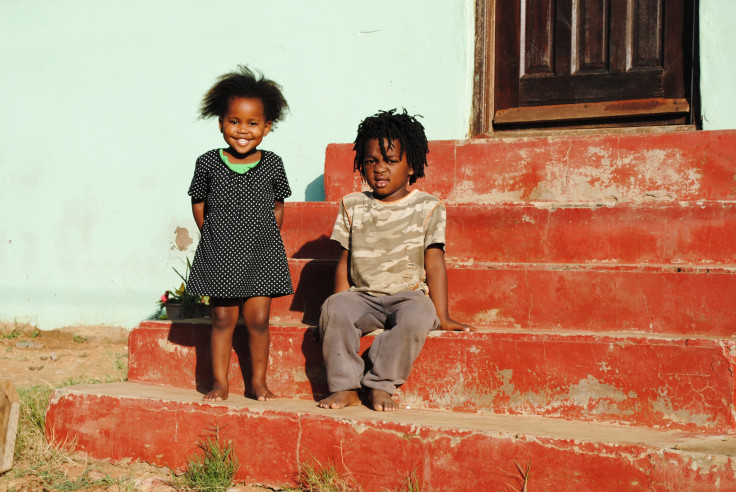Child Support Grants Help South African Girls Avoid HIV Infection; Makes Them Two-Thirds Less Likely To Accept Money From ‘Sugar Daddies’

A new study out of Oxford University has found that South African government grants reduce the risk of contracting human immunodeficiency virus (HIV) for teenage girls. In poor, rural areas of the most southern country in sub-Saharan Africa, young girls often turn to having sex with older men in exchange for money. South African officials have pinpointed "sugar daddies" as a major factor in the spread of HIV/AIDS in the country, according to the BBC.
“This study shows that as long as they are given enough money to survive, girls will choose not to have a sugar daddy,” lead author Dr. Lucie Cluver of the Department of Social Policy and Intervention at the University of Oxford said in a press release about the study. “It also shows how valuable it is to give not only to younger children but also to teenagers, who are most at risk of HIV-infection.” Child support grants in South Africa currently amount to about $35 per month, and are given to some 11 million children under the age of 18. Currently, government grants reach about 70 percent of all eligible children, but if all eligible children were reached, up to 77,000 “sugar daddy” relationships could be avoided, the study states.
The researchers who led the study claim that nearly half of all new HIV infections in sub-Saharan Africa are among young people — out of the 1.8 million new infections in 2011, 41 percent were in people aged 15-24 years. Girls, in particular, are two to three times more likely than boys to be infected with HIV. “One of the major causes is ‘sugar daddies’ — older boyfriends who give food, money, or pay for school fees in return for sex,” the press release about the study states. “These men are more likely to be HIV-positive and their young girlfriends less able to request that they use a condom.” The study found, however, that young girls are less likely to enter such “sugar daddy” relationships if the girl’s family receives government child support grants.
The researchers reviewed 3,515 South African teenagers, and followed up with 97 percent of them a year later. The researchers — hailing from both U.K. and South African universities – conducted face-to-face interviews with children in four different areas in Mpumalanga and the Western Cape. Most of these areas are poor and have high rates of HIV infection. The study compared households that received government child support grants, and those that did not; it found that girls coming from households that received grants were two-thirds less likely to date older men, and half as likely to have sex in exchange for food or money.
The researchers did note, however, that government grants are not the full solution to the problem: they do not necessarily address the issues of young people having unprotected sex, and grants did not reduce the risk for boys to contract HIV. “Child support grants do not make teenagers more sensible when it comes to safer sex,” Professor Mark Orkin of the School of Public and Development Management at the University of the Witwatersrand, Johannesburg, said in the press release. “But what they can do is to provide enough financial security for girls that they do not have to choose their sexual partners through economic necessity.”
According to UNAIDS, there are some six million people infected with HIV/AIDS living in South Africa, according to 2012 estimates. There are 410,000 children under the age of 14 living with HIV, as well as over two million orphans whose parents died from HIV/AIDS, all under the age of seventeen.



























